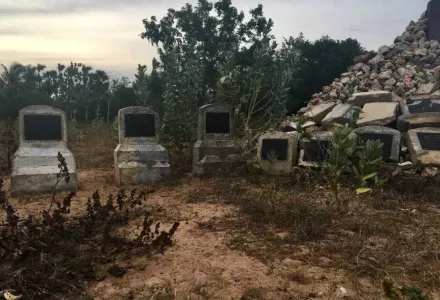
Summary
Kate Cronin-Furman compares and contrasts Sri Lanka's post-civil war memory projects with Rwanda's genocide commemoration as the basis for a broader discussion of the relationship between memory and justice.
BY THE TIME I got there, the bones were gone. But eight years out from the end of the Sri Lankan Civil War, everything else was still there, carpeting the beach where the final battle was fought. Suitcases half-buried in sand, battered metal cookware, orphaned TV remotes, photo albums disfigured by water damage, and the yards and yards of fabric, shredded and lying in viscera-like loops on the ground.
More than 100,000 Tamil civilians were trapped at Mullivaikal beach in 2009 — crowded into makeshift shelters and desperately short on food, water, and medicine. Tens of thousands of them lost their lives to shelling from the heavy artillery the Sri Lankan government swore it wasn’t using. They’re gone, but their shadows remain....
Cronin-Furman, Kate. “The Insistence of Memory.” Los Angeles Review of Books, May 16, 2018
The full text of this publication is available via Los Angeles Review of Books.




